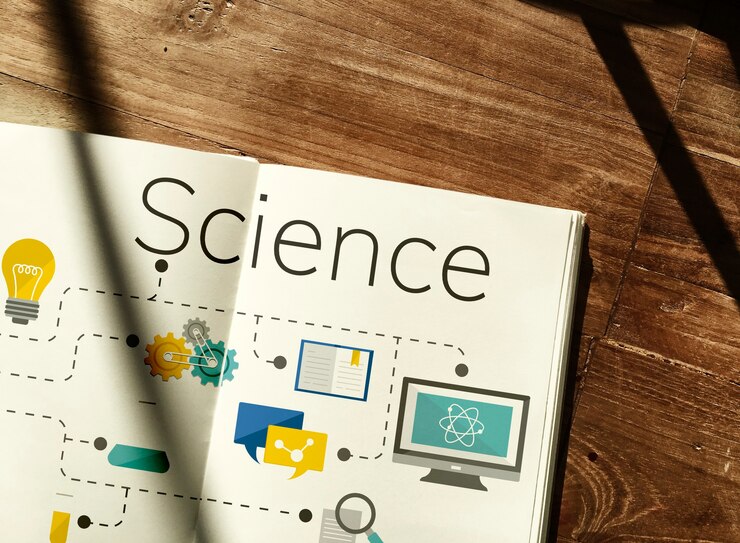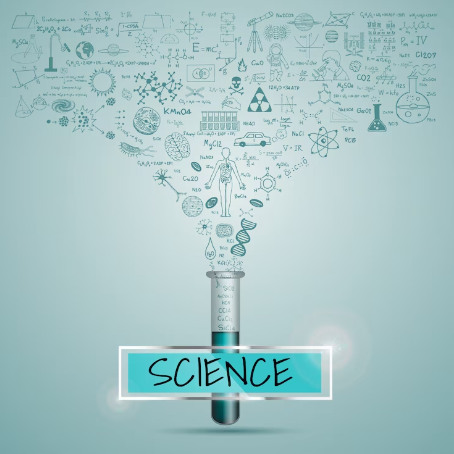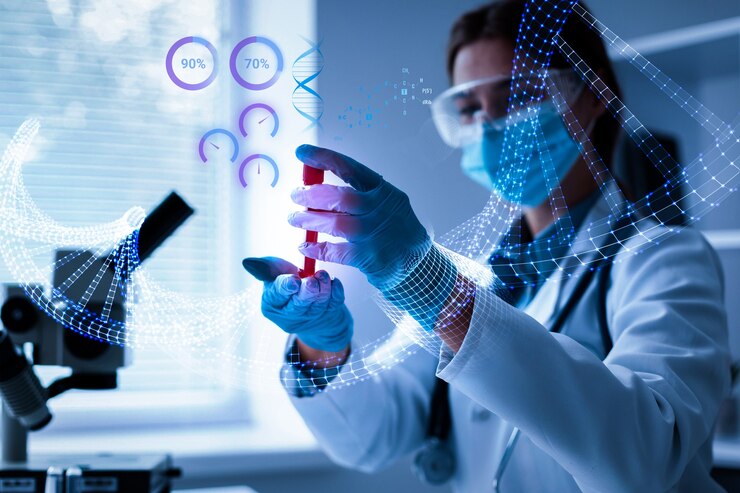Introduction:
Science, the relentless pursuit of knowledge, isn’t immune to the veils of false impression that now and again shroud its standards. Misconceptions in technology, frequently by accident perpetuated, can avoid the public’s information and appreciation of the scientific approach. In this exploration, we get to the bottom of some established misconceptions, aiming to foster a clearer knowledge of the scientific global.
Science Provides Definitive Answers:
One commonplace misconception is that technological know-how yields absolute truths. In fact, technology is an evolving method that refines its expertise through the years. Theories are not immutable; they adapt as new proof emerges. Acknowledging this dynamic nature is fundamental to appreciating the scientific approach.
Scientific Theories Are Mere Guesses:
Contrary to the belief that medical theories are educated guesses, they are comprehensive factors supported by a wealth of empirical proof. The time period “concept” in technological know-how indicates a nicely-substantiated and broadly generic explanation, no longer a speculative speculation.
Scientists Are Impartial and Objective:
While scientists strive for objectivity, they’re not proof against biases. Personal and cultural views can have an effect on studies questions, interpretations, and even the choice of experiments. Acknowledging those biases is essential for refining methodologies and making sure the integrity of clinical inquiry.
The Scientific Method Is a Linear Process:
The stereotypical view of the scientific method as a linear sequence — hypothesis, test, conclusion — oversimplifies the complex reality. Science is iterative, concerning non-stop refinement, reevaluation, and revisitation of hypotheses primarily based on new findings. It’s a dynamic, cyclical process.
All Scientific Studies Are Equally Credible:
Not all medical studies are created identical. The rigor of the medical technique can range, and factors including pattern length, technique, and statistical analysis have an effect on the credibility of findings. Peer evaluation is a crucial checkpoint, but even it is not foolproof.
Science and Ethics Are Separate Realms:
The perception that technological know-how operates in an moral vacuum is faulty. Ethical issues are imperative to clinical studies, from ensuring the welfare of studies topics to responsibly speaking findings. Ethical lapses can undermine both the credibility of a observe and the clinical community.
All Natural Products Are Safe:
Assuming that natural equals safe is a potentially risky false impression. Many herbal substances may be dangerous, and toxicity isn’t totally determined via the supply. Understanding the chemical composition and ability risks is essential, regardless of whether a substance is artificial or natural.
Conclusion:
In unraveling those misconceptions, we give a boost to the concept that technological know-how is a dynamic and human endeavor, liable to growth, revision, and low missteps. Embracing a nuanced expertise of medical strategies empowers individuals to severely have interaction with medical statistics, fostering a society that appreciates the complexities and wonders of the natural world. By dispelling those misconceptions, we pave the manner for a extra informed and scientifically literate global network.








